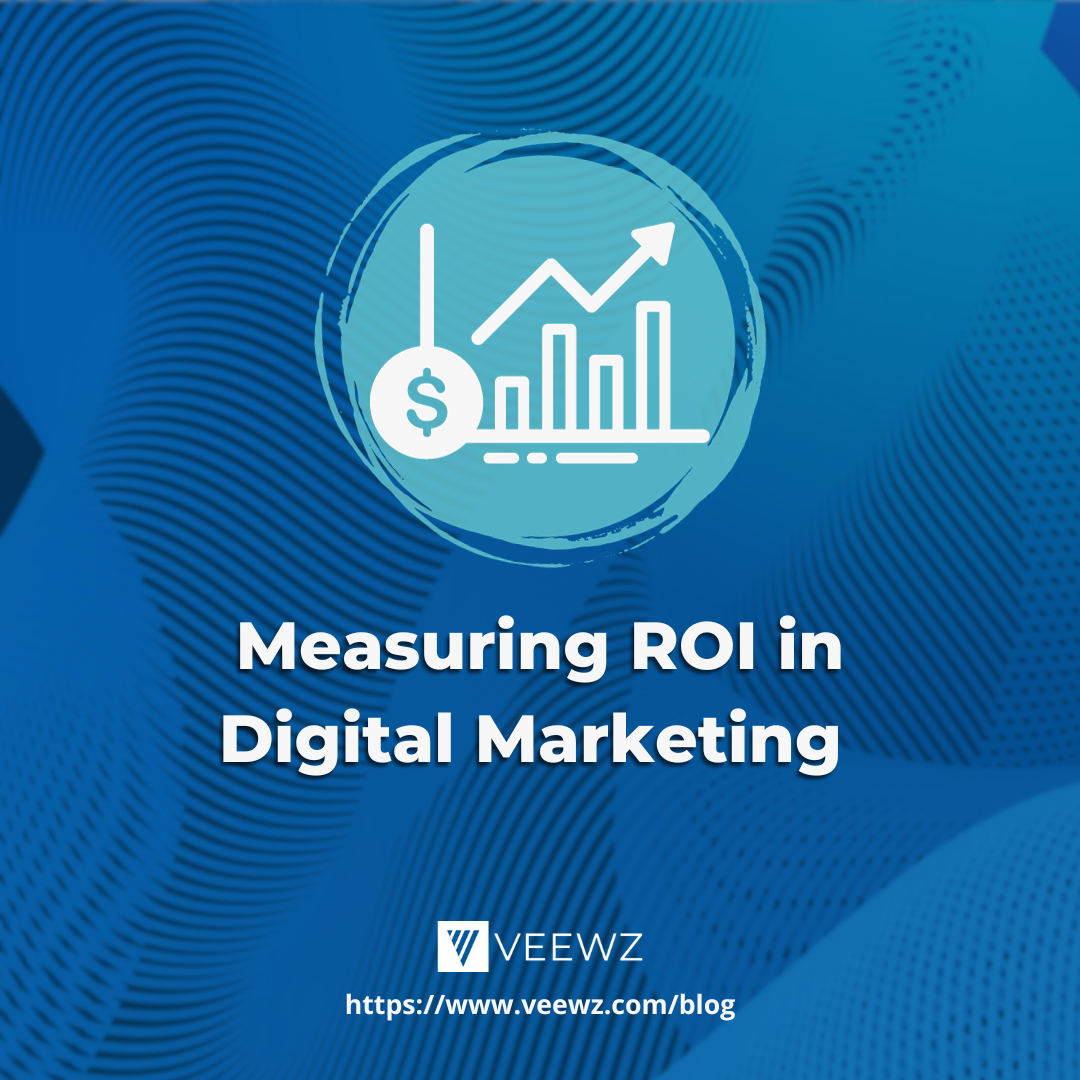
In today's digital landscape, a strong online presence is a must for the success of any small business. With consumers spending increasing amounts of their time online, having effective digital marketing strategies in place can make all the difference. But, not all businesses are the same, and what works for one may not work for another. This is where tailoring digital marketing strategies becomes crucial for small business success.
Small businesses have limited resources compared to larger corporations, which means that every marketing dollar must be spent strategically. Tailoring your digital marketing strategies ensures that you get the best return on investment (ROI) by targeting the right audience with the right message. In this blog, we'll explore how small businesses can tailor their digital marketing strategies for success.
Define Your Unique Selling Proposition (USP)
Before diving into digital marketing, it's crucial to define your Unique Selling Proposition (USP). Your USP is what sets your small business apart from competitors. It could be a unique product, exceptional customer service, or a specific niche your business targets. Understanding your USP will help you tailor your digital marketing strategies to highlight what makes your business special.
For example, if your small business specializes in handmade, eco-friendly products, your digital marketing strategy should focus on promoting these qualities. Highlighting your commitment to sustainability and showcasing the craftsmanship behind your products can resonate with environmentally conscious consumers.
Know Your Target Audience

One of the most critical aspects of tailoring your digital marketing strategy is understanding your target audience. Small businesses can't afford to waste resources marketing to a broad, undefined group of people. Conduct market research to identify your ideal customer's demographics, interests, and pain points. This information will help you create content and campaigns that resonate with your target audience.
Suppose your small business sells high-end fitness equipment primarily aimed at fitness enthusiasts with disposable income. In that case, your digital marketing efforts should be directed toward reaching this specific demographic. You can create content that speaks to the benefits of using your premium equipment for achieving fitness goals and target advertising toward affluent fitness enthusiasts.
Choose the Right Digital Marketing Channels
Not all digital marketing channels are created equal, and not all will suit your small business. Tailoring your strategy involves selecting the most effective channels to reach your target audience. Some common digital marketing channels include:
Social Media
Platforms like Facebook, Instagram, Twitter/X, and LinkedIn can be excellent for engaging with your audience, especially if your target demographic spends time on these platforms.
Content Marketing
Blogging, video marketing, and podcasts are effective ways to showcase your expertise, share valuable information, and establish your small business as an industry authority.
Email Marketing
Building an email list and sending personalized, relevant content can nurture leads and convert them into customers.
Pay-Per-Click (PPC) Advertising
Platforms like Google Ads can be an effective way to target specific keywords, drive traffic to your website and generate leads.
Search Engine Optimization (SEO)
Understanding the benefits of SEO for small businesses can further enhance your online presence and growth. Optimizing your website for search engines ensures that it ranks well in search results, increasing organic traffic.
Influencer Marketing
Partnering with influencers in your niche can help you tap into their established audience and gain credibility.
Create Valuable and Relevant Content
Content is the heart of digital marketing. Tailoring your content to your audience's needs and preferences is crucial. Create content that addresses their pain points, provides solutions, and adds value to their lives. Whether it's blog posts, videos, or social media updates, ensure that your content is relevant and resonates with your target audience.
Maybe your small business is in the fashion industry and your target audience consists of young, fashion-conscious individuals. In that case, your content should focus on the latest fashion trends, styling tips, and outfit inspiration. Visual content like Instagram posts and stories can be particularly effective in this case.
Monitor and Analyze Results

Tailoring your digital marketing strategies is an ongoing process. It's essential to monitor and analyze the results of your campaigns regularly. Use analytics tools to track key performance indicators (KPIs) like website traffic, conversion rates, social media engagement, and email open rates. By analyzing these metrics, you can identify what's working and what needs adjustment.
If you notice that a particular social media platform is driving the most traffic and conversions, consider allocating more resources to that platform. Conversely, if your email marketing campaigns are performing differently than expected, review your email content and strategy to make improvements.
Stay Flexible and Adapt
The digital landscape is constantly evolving, and what works today may not work tomorrow. Small businesses must remain flexible and adapt to changing trends and technologies. Make sure to regularly observe industry developments and be willing to adjust your digital marketing strategies accordingly.
For instance, the rise of voice search and smart speakers has changed how people search for information online. Small businesses should optimize their content for voice search to stay competitive in the digital space.
Invest in Professional Assistance
While tailoring your digital marketing strategies is essential, it can be a complex and time-consuming task. Small businesses may benefit from investing in professional assistance. Digital marketing agencies like Veewz and industry experts can provide valuable insights, strategies, and execution to help small businesses achieve their online goals.
Conclusion
In today's digital age, small businesses can't afford to take a one-size-fits-all approach to digital marketing. Tailoring your strategies to your unique selling proposition, target audience, and chosen digital channels is the key to success. By defining your USP, knowing your audience, selecting the right channels, creating valuable content, monitoring results, staying flexible, and seeking professional assistance when needed, small businesses can build a strong online presence and thrive in the digital landscape. Remember, success in digital marketing is not just about reaching a broad audience but connecting with the right audience in a meaningful way.
About the Author
Related Article

SEM: What Is It and How Does It Boost Your Business

Measuring ROI in Digital Marketing

.png)











.png)























.png)

.jpg)





.jpg)





